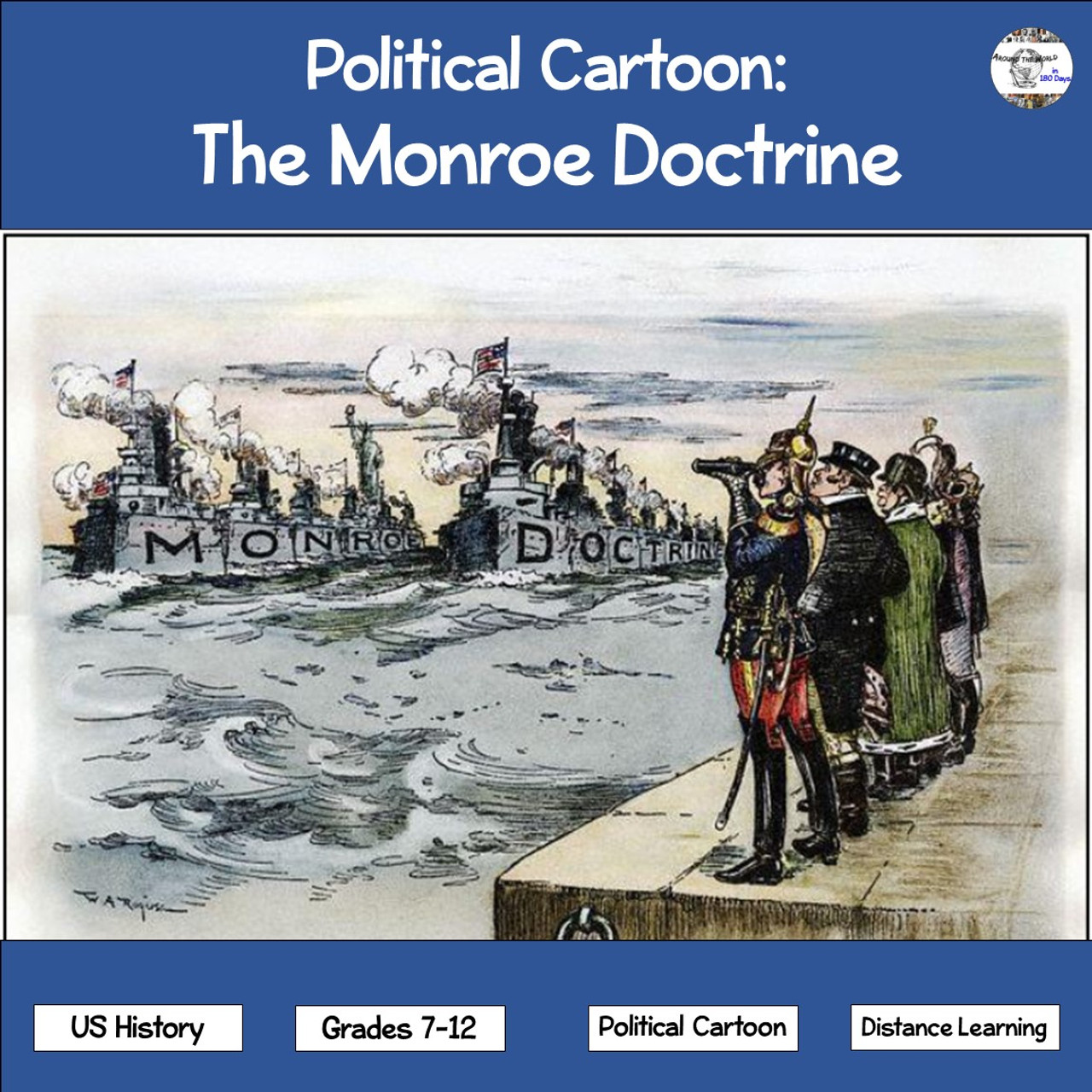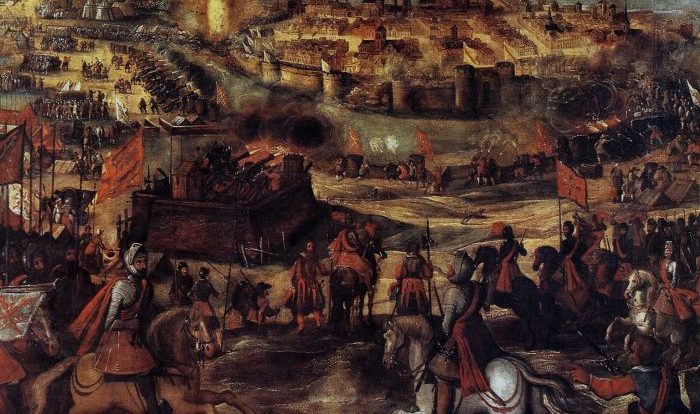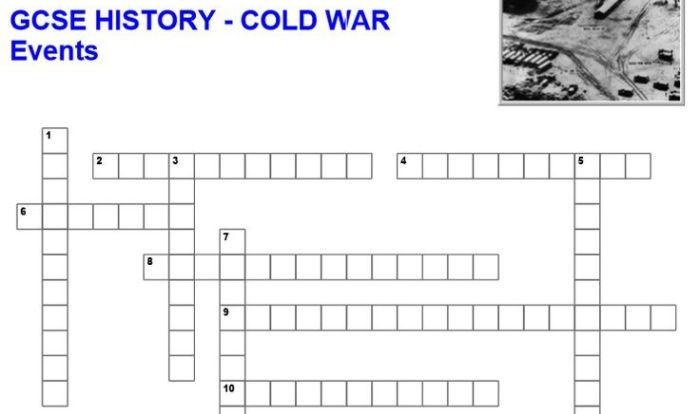Welcome to the ultimate guide to the Monroe Doctrine Worksheet PDF Answer Key. This comprehensive resource provides a deep dive into the historical significance, impact, and relevance of the Monroe Doctrine in shaping US foreign policy and international relations. Dive in and unlock the key to understanding this pivotal doctrine.
The Monroe Doctrine, proclaimed by President James Monroe in 1823, declared the Americas as off-limits to European colonization and intervention. This doctrine has had a profound impact on US foreign policy and has been a subject of ongoing debate and discussion.
Monroe Doctrine Background: Monroe Doctrine Worksheet Pdf Answer Key

The Monroe Doctrine, proclaimed by President James Monroe in 1823, emerged amid complex historical circumstances. Following the Napoleonic Wars and the collapse of Spain’s empire in the Americas, European powers sought to re-establish their influence in the region. This raised concerns among US policymakers, who feared the expansion of European colonialism and the potential for foreign interference in the Americas.
President Monroe, driven by the desire to protect US interests and prevent European intervention, formulated the Monroe Doctrine. Its key provisions included:
- The US would oppose any further colonization or intervention by European powers in the Americas.
- The US would consider any attempt to extend European influence in the Americas as an unfriendly act.
- The US would not interfere in existing European colonies or territories in the Americas.
Impact on US Foreign Policy
The Monroe Doctrine had a profound impact on US foreign policy, shaping its approach to the Americas for decades to come. It:
- Established the principle of US dominance in the Western Hemisphere, asserting its right to intervene in the affairs of other American nations.
- Led to increased US involvement in the region, including interventions in Latin America and the Caribbean.
- Strained relations with European powers, who resented US interference in their colonial spheres of influence.
Criticisms and Challenges
The Monroe Doctrine has faced criticism and challenges throughout its history. Critics have argued that:
- It is an outdated relic of the past that has no place in modern international relations.
- It has been used as a pretext for US interventionism and imperialism in Latin America.
- It has hindered the development of independent and sovereign nations in the Americas.
The doctrine has also been challenged by various events, including:
- The Mexican-American War (1846-1848)
- The Spanish-American War (1898)
- The Cuban Missile Crisis (1962)
Relevance in the Modern Era
The Monroe Doctrine continues to be a topic of debate in contemporary international relations. Some argue that it is an outdated doctrine that has no relevance in the 21st century. Others contend that it remains an important principle of US foreign policy, albeit with some modifications.
While the doctrine is no longer as rigidly enforced as it once was, it continues to influence US policy towards the Americas. For example, the US has intervened in the region to promote democracy and stability, such as in Haiti and Panama.
The Monroe Doctrine has also been challenged by the rise of new powers in the region, such as China and Russia. These countries have sought to increase their influence in the Americas, challenging US dominance.
FAQ Guide
What were the key provisions of the Monroe Doctrine?
The Monroe Doctrine asserted that any attempt by European powers to colonize or intervene in the Americas would be considered an act of aggression against the United States.
How did the Monroe Doctrine impact US foreign policy?
The doctrine justified US intervention in the Americas to prevent European influence and maintain American dominance in the region.
What were the main criticisms of the Monroe Doctrine?
Critics argued that the doctrine was unilateral, violated the sovereignty of other nations, and perpetuated US imperialism.

